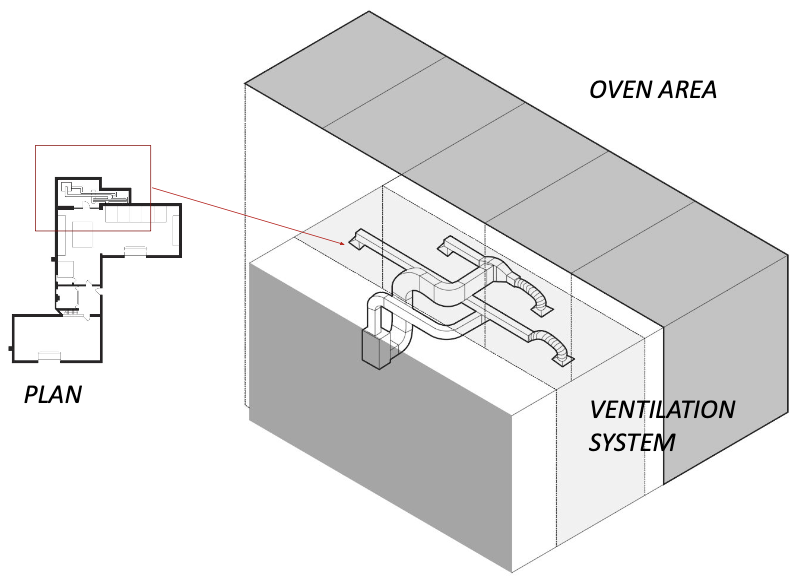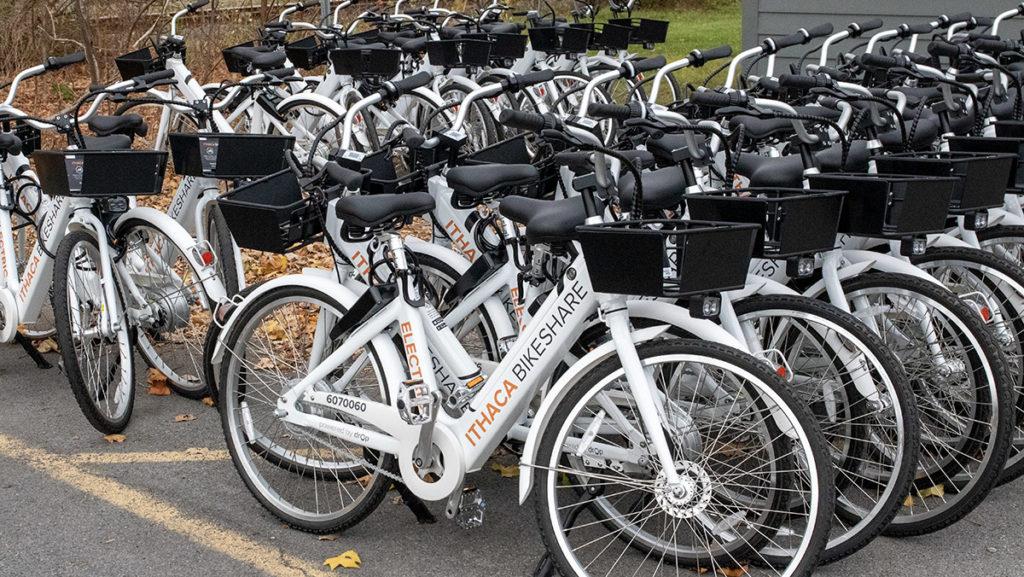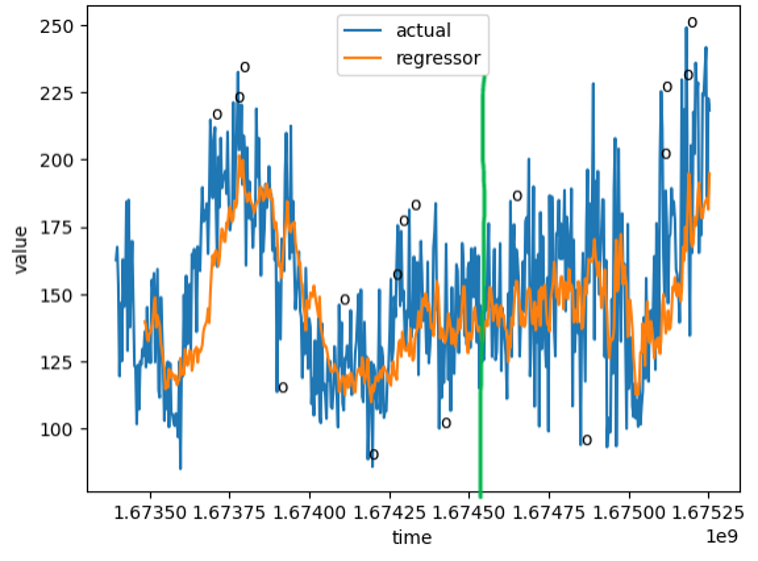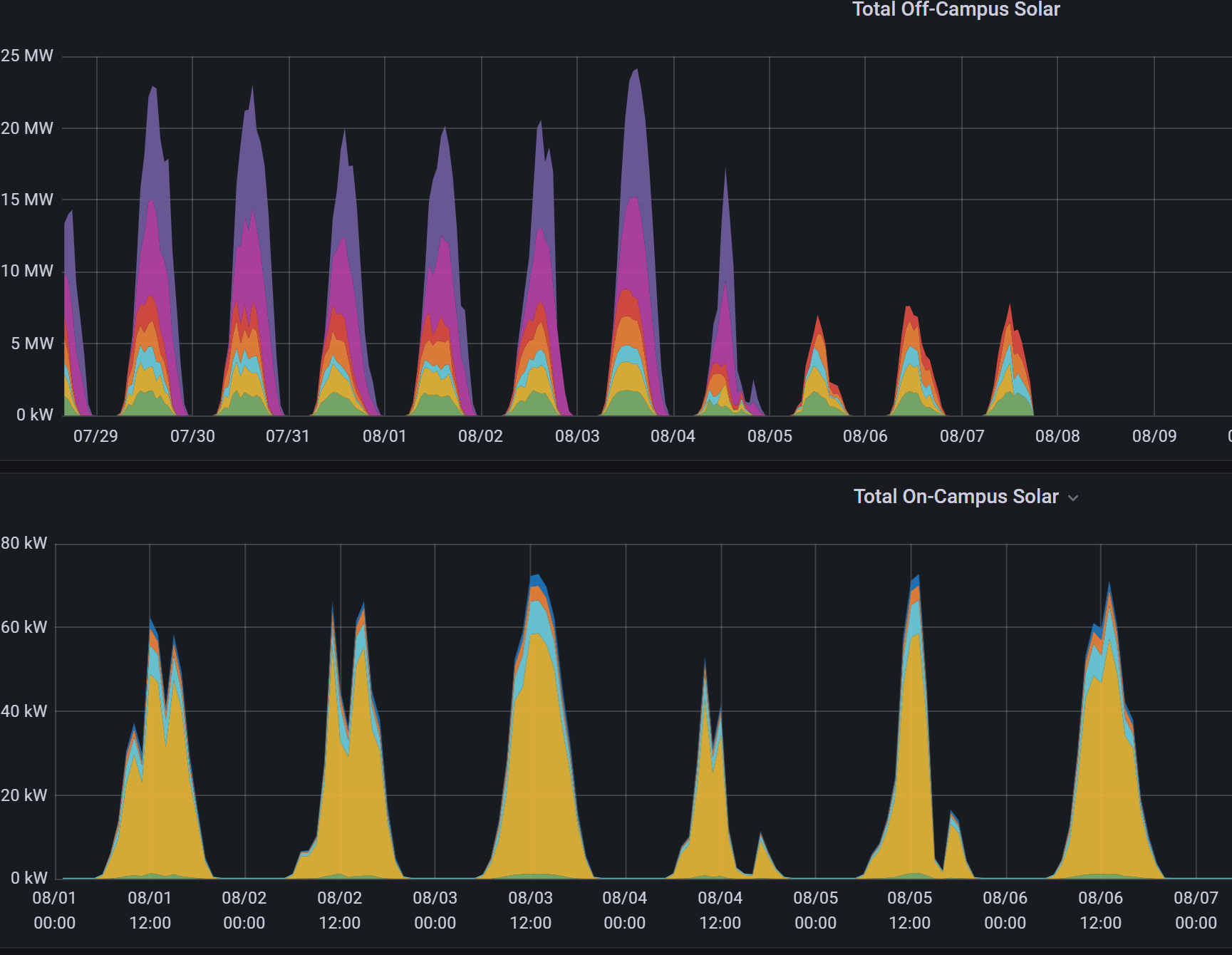Building Retrofits (BR)

Things you'll learn: MechE, ECE, HVAC systems, data science, Python, data visualizations, working with external partners
The BR sub-team will work to optimize the daily operations of Cornell University's Biomass Grinding facility by creating 1) a machine that will dry biomass particles evenly and efficiently, and 2) a system that keeps the facility at a reasonable temperature. Ultimately, the team will aim to reduce the facility's energy consumption and operating costs, utilizing guidance from contacts in the BEE, CEE, and ECE departments as well as the Campus Sustainability Office. For the Fall 2023 semester, the team is considering starting an additional project relating to lighting retrofitting. It has good potential in creating a direct connection to Earth Source Heating and expanding the team in terms of new recruits, since it involves specific data analysis and computational implementations.
Business, Policy, and Analytics (BPA)

Things you'll learn: Data Analysis/Science, Policy, Communicating with Partners, Python, Javascript, HTML, CSS
The Business, Policy, and Analytics team's mission is to work with data to impact the energy policy and communication sector. Currently, the team is collaborating with Ithaca Bikeshare to develop an informative dashboard to visualize the benefits of micromobility on campus. This dashboard is designed to support ongoing efforts to shift transportation habits and to encourage Cornell's collaboration with Ithaca Bikeshare. Using data provided by Ithaca Bikeshare and leveraging Javascript D3 and Figma, we are building a fully functional tool that enables the analysis of bikeshare data and its benefits to Cornell University. This initiative involves close collaboration with the Cornell Transportation Office, the Cornell Sustainability Office, and Ithaca Bikeshare.
Smart Controls (SC)

Things you'll learn: Python, Pandas, Machine Learning, APIs, working with external partners
The SC sub-team aims to reduce errors in Cornell's record of its campus energy consumption by detecting meter faults and anomalies. Previously, SC has focused on quality control, improved baseline algorithms, used ML packages to make the model predictive (e.g., based on weather patterns), collaborated with other faculty and staff working in smart buildings, established methods of communicating when meters need to be fixed, and developed more advanced model selection techniques based on biophysical formulas. Going forward, SC aims to enhance the functionality of its product by incorporating a generative AI-powered chatbot that improves client experience for the model's users. Currently, they are researching LLMs and designing hard-coded prototypes, to prepare for development of the chatbot in future semesters.
Completed
-
Energy Technologies Development (ETD)

The ETD sub-team is a sub-team that aims to develop a Wave Energy Converter (WEC) that will power an Integrated Multi-Trophic Aquaculture Farm (IMTA) with the goal of addressing food security and less carbon-intensive food supplies. Members of the sub-team will have the opportunity to compete in the Marine Energy Collegiate Competition (MECC) and develop this WEC with help from the researchers of the Symbiotic Engineering and Analysis (SEA) Laboratory in the MAE department.
Team Expectations
Members are expected to attend the weekly general-body meetings Tuesdays 6 - 7 PM and weekly sub-team meetings.